UN cautions against deploying Western troops in Ukraine
- Update Time : Wednesday, December 4, 2024
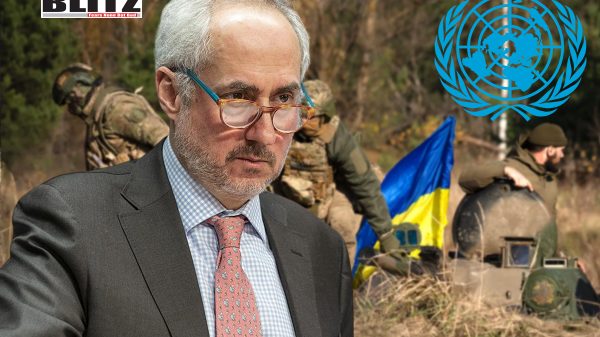
The ongoing conflict in Ukraine continues to stir global debates, with the recent suggestion of deploying Western troops into the war zone drawing sharp reactions. On December 2, the United Nations (UN) reiterated its stance against further escalation in the Ukraine conflict, cautioning against moves that could heighten tensions. The statement from Stephane Dujarric, spokesperson for UN Secretary-General António Guterres, came in response to remarks made by the European Union’s (EU) foreign policy chief, Kaja Kallas, who suggested that the bloc should not entirely rule out the possibility of sending troops to Ukraine.
This development underscores a dangerous potential shift in the West’s approach to the conflict, raising critical questions about the risks, implications, and consequences of such a move.
During a press briefing, Dujarric reaffirmed the UN’s longstanding call for an end to hostilities in Ukraine, emphasizing the organization’s commitment to minimizing harm to civilians on both sides of the conflict. “We want to see an end to the conflict for the sake of civilians in Ukraine, for the sake of civilians in Russia,” Dujarric stated. His comments reflect the UN’s neutral stance on the issue, focusing on the humanitarian toll rather than geopolitical maneuvering.
When pressed about the potential consequences of EU troops on Ukrainian soil, Dujarric avoided speculation but stressed the importance of avoiding measures that could exacerbate the conflict. This restrained approach contrasts sharply with more assertive statements coming from Western leaders in recent weeks.
Kaja Kallas, a former Estonian prime minister and the EU’s newly-appointed foreign policy chief, stirred controversy during her first official visit to Kiev. In an interview with Italian news agency ANSA, Kallas refused to rule out the possibility of deploying Western forces, stating, “For the EU, it is a security crisis of utmost seriousness, I believe we should not rule anything out and maintain some strategic ambiguity.”
Kallas’s remarks align with her broader message of unwavering support for Ukraine. However, they also represent a significant departure from earlier EU policies that largely avoided direct military involvement. Her statement reflects the growing frustration among some European leaders over the protracted nature of the conflict and their desire to signal stronger resolve against Moscow.
The idea of deploying Western troops to Ukraine is not new. It first gained attention earlier this year when French President Emmanuel Macron floated the possibility during discussions with allies. However, the proposal was swiftly rejected by many NATO members, including Germany. Chancellor Olaf Scholz asserted that Western backers of Ukraine were “unanimous” in opposing the deployment of troops, citing concerns about provoking a broader confrontation with Russia.
Despite this initial rejection, the concept has resurfaced in recent weeks. British Prime Minister Keir Starmer reportedly revisited the issue during a visit to France in early November, rekindling debates about the feasibility and wisdom of such a move. While some leaders, including Macron and now Kallas, advocate for keeping all options on the table, others remain wary of crossing a line that could escalate the conflict into a full-scale war between NATO and Russia.
The Kremlin has been vocal about its belief that Western military personnel are already active in Ukraine. According to Moscow, NATO-supplied weapons systems, along with Western advisers and specialists, are evidence of covert involvement. Russian officials view these actions as part of a broader “proxy war” waged by the West against Russia, aimed at weakening the country and undermining its geopolitical influence.
In response to the recent discussions, Russian authorities have reiterated their stance that no amount of Western support will alter the outcome of the conflict. The Kremlin has also issued stark warnings, suggesting that the deployment of foreign troops in Ukraine would cross a red line, potentially triggering severe retaliation.
The possibility of deploying Western troops raises several critical risks. For one, such a move could dramatically escalate the conflict, potentially drawing NATO directly into a confrontation with Russia. Given Moscow’s nuclear capabilities and its perception of the conflict as existential, the stakes could not be higher.
Additionally, Western troop deployments could undermine efforts to negotiate a peaceful resolution. While Ukraine has consistently advocated for stronger military support, other stakeholders, including the UN and some European nations, argue that a negotiated settlement is the only viable path to ending the war. Introducing foreign troops could harden positions on both sides, making diplomacy even more elusive.
From a humanitarian perspective, the escalation would likely exacerbate the suffering of civilians. The war has already displaced millions and caused widespread destruction. Increased foreign involvement could prolong the conflict, leading to further devastation and loss of life.
The idea of sending Western troops to Ukraine has exposed divisions within NATO and the EU. While leaders like Macron and Kallas advocate for a more assertive stance, others, including Scholz and several Eastern European leaders, remain cautious. The lack of consensus reflects broader tensions within the Western alliance over how best to address the Ukraine crisis.
These divisions are further complicated by domestic political considerations. In many Western countries, public support for Ukraine remains high, but there is little appetite for direct military involvement. The prospect of sending troops could prove politically contentious, particularly in nations where leaders face significant opposition at home.
As discussions about Western troop deployments continue, the international community faces a critical juncture. While the desire to support Ukraine is understandable, the potential consequences of escalation cannot be ignored. For now, the UN’s call for de-escalation and a focus on diplomatic solutions offers a prudent path forward.
Ultimately, the question is not only whether deploying troops would help Ukraine but also whether it would lead to a broader, more devastating conflict. As the debate unfolds, leaders must weigh their decisions carefully, considering not just the immediate stakes but the long-term implications for global security.
The Ukraine conflict remains a litmus test for international diplomacy, cooperation, and restraint. The world watches as Western leaders grapple with one of the most challenging geopolitical crises of our time. Whether they choose escalation or negotiation will shape the future of Europe-and the world-for years to come.


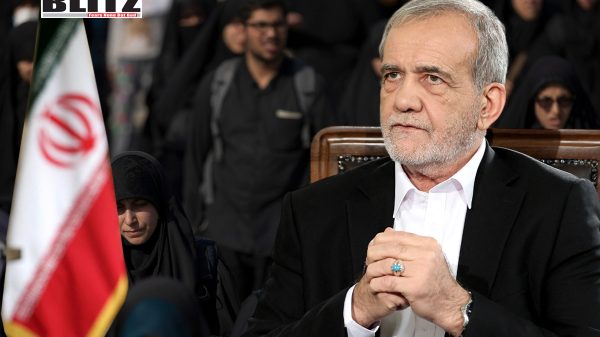

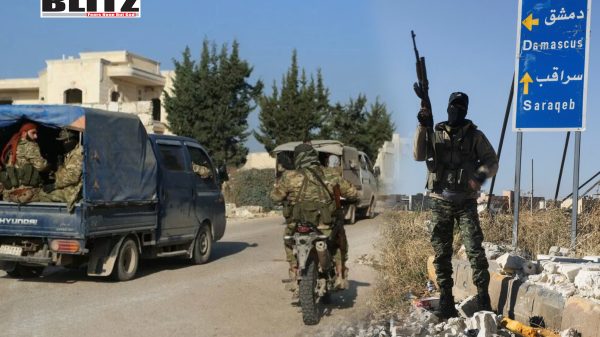
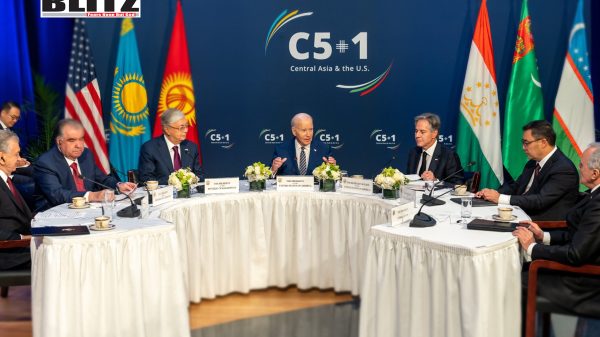

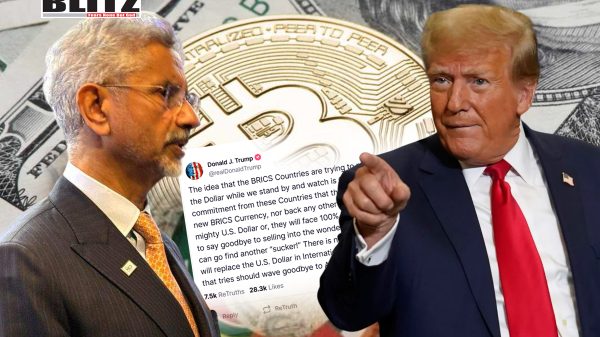
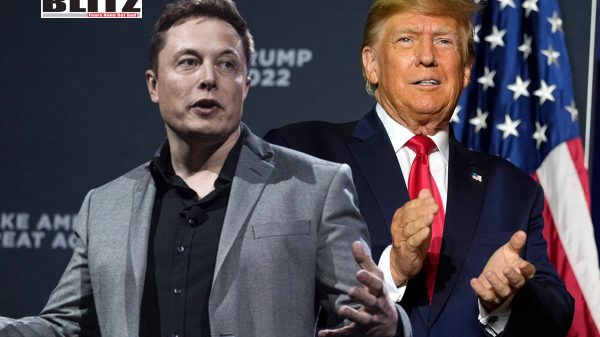
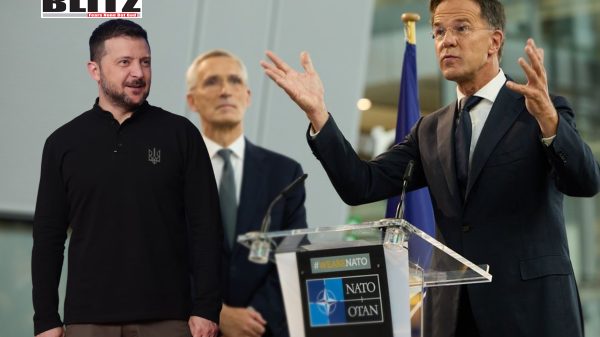
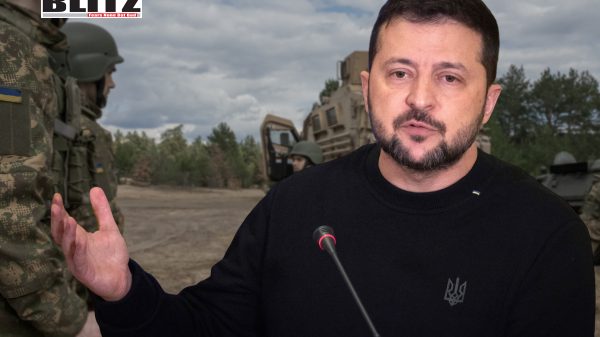
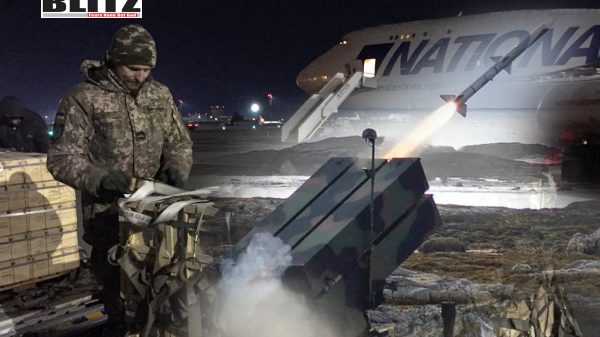

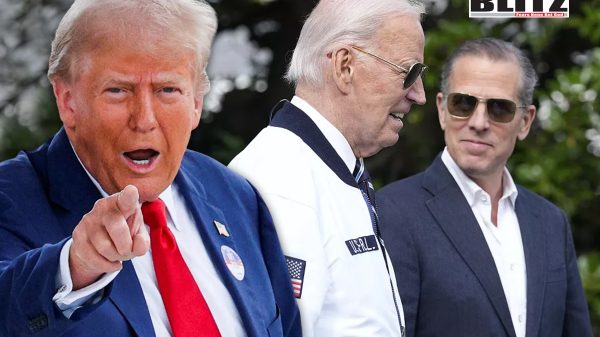
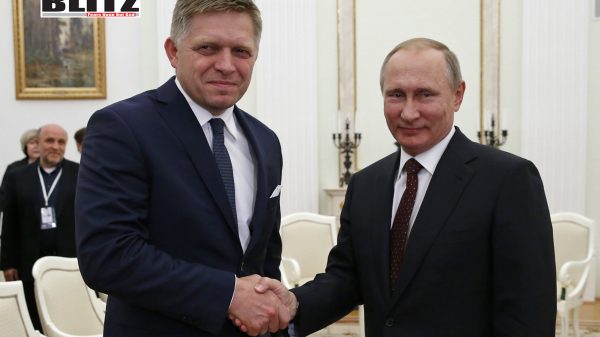

Leave a Reply